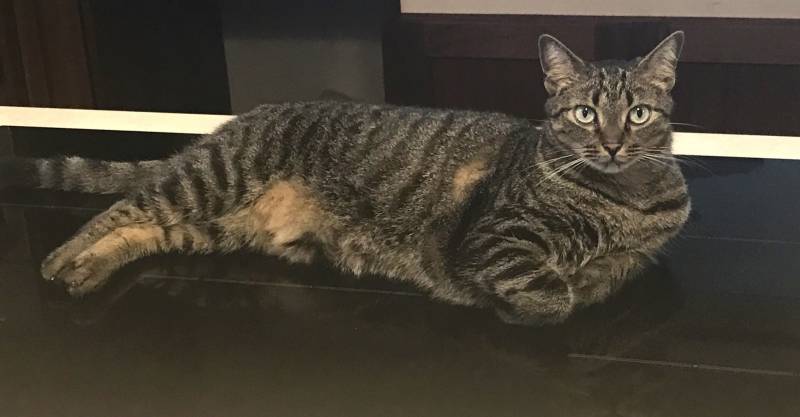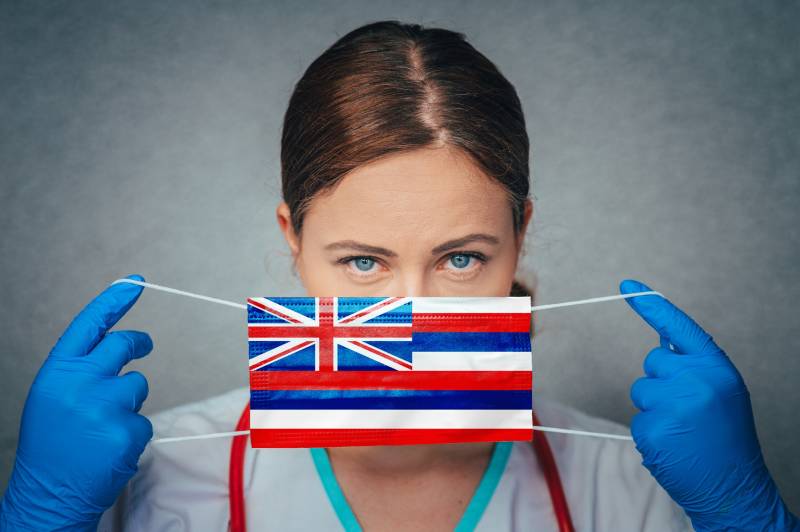When I moved to Oahu in 1989 to start my internship at Tripler Army Medical Center, I had to place my cat Irie in quarantine for 120 days. I had no choice then because there was no immediate release program. Hawaii was completely rabies free, and the only way to keep it that was by isolating new arrivals until they were certain they carried no rabies threat. There was no way of getting around this policy. It was a guilt-ridden, stressful 4 months, visiting only once a week at the Halawa Animal Quarantine Station (aka Kitty Kat Jail).
Since then, a program was developed to avoid quarantine and safely release the animals to their owners at the airport.
Serum antibodies are measured in the blood prior to arrival. Along with proof of serial vaccines, microchip ID and physical exam, a health certificate can be issued. I went through this process when I moved back to Hawaii in 2014. It was a 6-month process leading up to the move and was not inexpensive. Nonetheless, I did bring my 2 cats directly home with me from the Kona airport.

Gidget was luckier in 2014. Straight home and on the stove.
The rabies virus is something we all wish to avoid and Hawaii has made that possible. However, it is nowhere near as devastating as Covid-19. Its medical complications are treatable. It has no effect on the economy, education, tourism or politics. It is still worth comparing the two viruses and their eradication.
Restricting travel for animals to the state is easy. Restricting human travel and effectively blocking Covid-19 from further entering the state is another matter. As we have seen, these restrictions come with a price. Our economy is suffering, as are our residents. People are also finding ways to avoid the restrictions and travel freely, potentially infecting more island residents. Covid-19 will be much easier to eradicate when several things happen.
- When immediate turn around testing can be done in large numbers
- When an effective vaccine is made available and implemented
- When serum antibodies can be reliably and quickly measured
- When contact tracing and isolation is taken seriously
- When effective treatment can be given and long term effects avoided
That list is a tall order to fill. No one knows for certain when it will all come together. In the meantime, the people of Hawaii and the visitors to our islands can do A LOT to keep this devastating illness from destroying paradise.
- Leave your politics at home. This is not a political or ideological struggle.
- Think of others, not yourself. Imagine their family members, young and old. Protect them.
- Depersonalize your suffering. Everyone thinks they are the only one suffering, but we all are.
- Exercise patience and tolerance. It will serve you in other areas of your life as well.
There is no amount of policy mandates, policing, or rhetoric that can force people to behave responsibly in this situation. It is up to each individual to do the right thing. It may not be easy. We have become a society that believes we can do whatever we want under the guise of “freedom.” True freedom is knowing you are part of the solution and not part of the problem.
Go in peace, friends.



Monica Joan Abrahamsen
August 3, 2020
Excellent article!! THANK YOU!
Linda
August 6, 2020
Well said! If only people would listen.
Marcel D
August 6, 2020
Items 1 to 4 on your list are spot on. If we all could embrace this way of thinking, we can ease the burden for others while they help ease ours.
To me, this is what draws me to the Island life. I live on another island many, many miles away and will again one day visit but, not until this is long gone. Not because I do not want to come back but, because I believe it is my kuleana (responsibility) to not put others at risk by travelling until it is truly safe to do so.
Until then, stay safe!
Beth Robinson
August 31, 2020
Thank you for bringing your medical training and perspective as an island resident to bear on this issue.